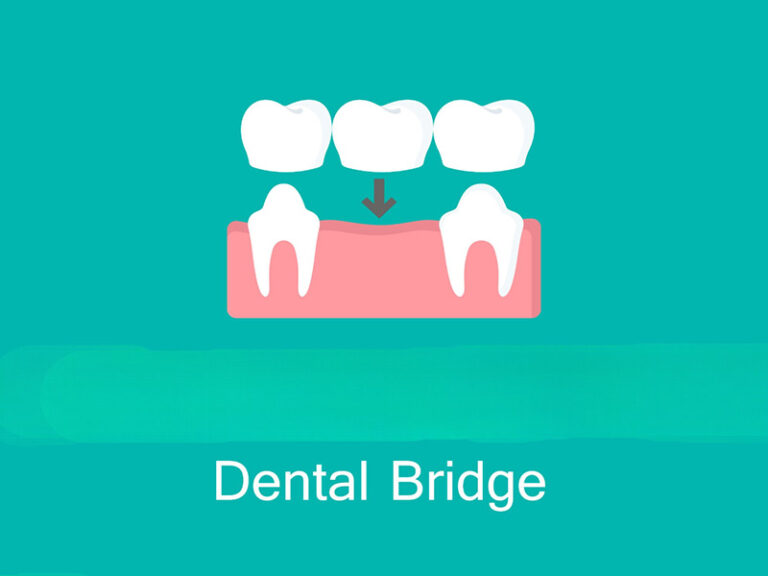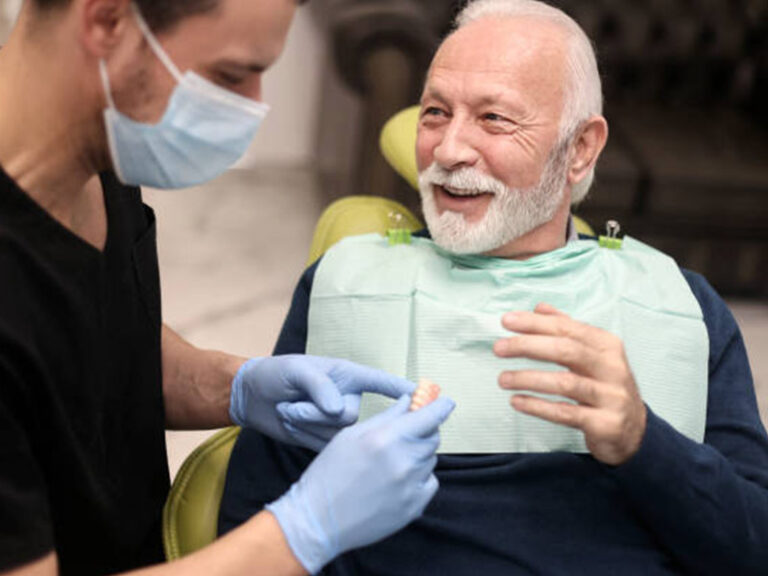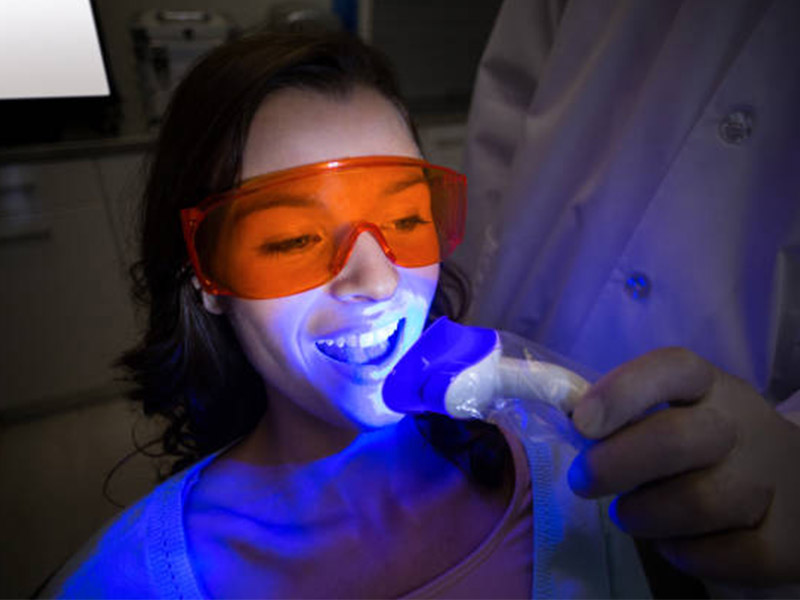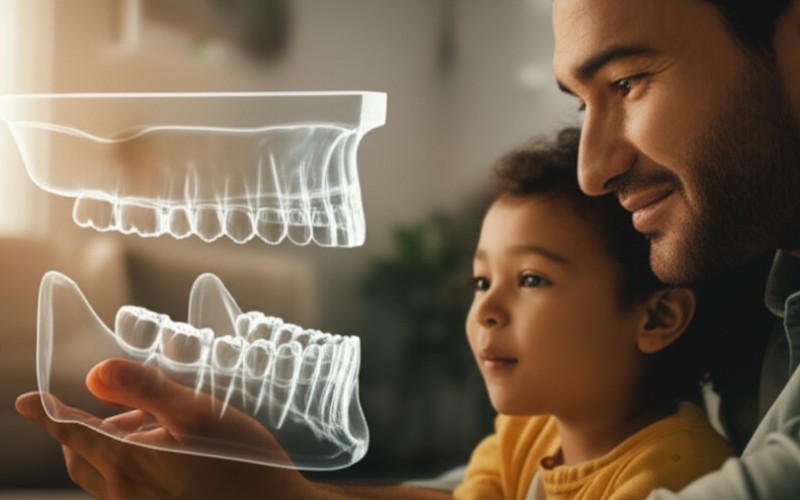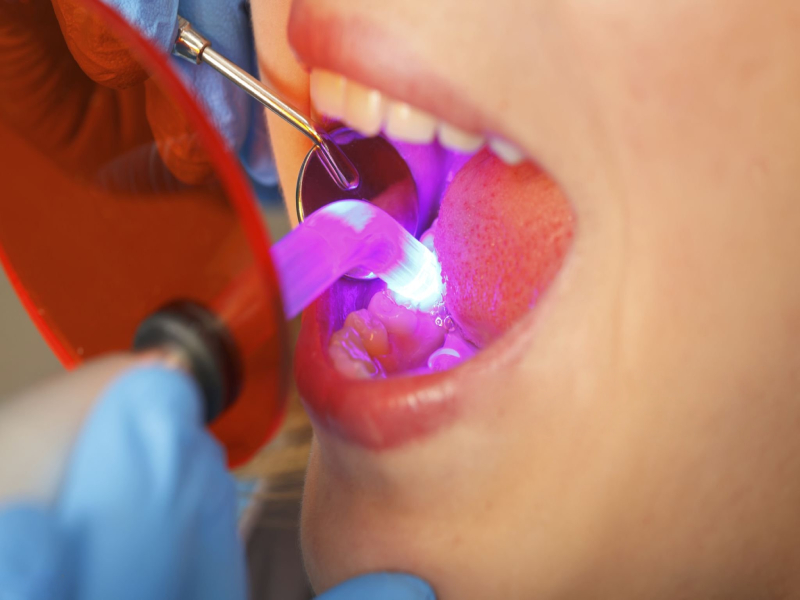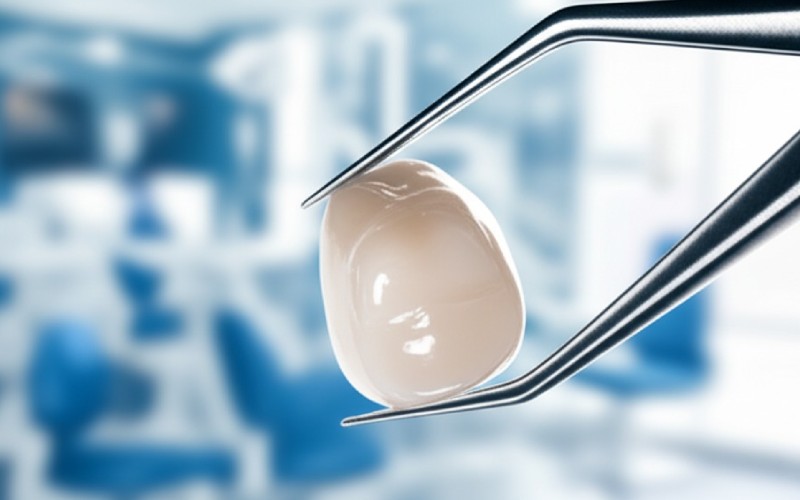
Kan du stadig dyrke sport, mens du har bøjler? En guide til at beskytte dine bøjler
You absolutely can still play sports with braces. This article is my guide for you. I will walk you through everything you need to know, from picking the right gear to what to do if you take a hit. You don’t have to choose between a straight smile and the sports you love.
Indholdsfortegnelse
Getting Braces? What I Wish I Knew About Sports First.
The first thing is to relax. Thousands of athletes wear braces every year. The key is taking the right precautions. The world of orthodontics has come a long way. Having a brace doesn’t mean you have to give up your life. It just means you have to be a little smarter about how you protect your mouth. This was a huge relief and the first step in learning how to manage sports with braces.
Are Braces and Sports a Safe Combination?
So, is it truly safe to play sports with braces? The short answer is yes, but you must be careful. When you have a brace, your mouth is more vulnerable. The metal wires and brackets on your teeth can cause serious cuts to your lips and cheeks if you get hit. This is one of the biggest risks of oral injuries when you are playing a sport.
Your brace itself is also at risk. A hard fall or a stray elbow can easily damage your braces. You could break a bracket or bend a wire. Not only is this painful, but it can also be costly to fix. It can even set back your orthodontic treatment time. So, while you can play sports, you need to make sure your teeth and your braces are protected. The goal is to make sure your experience with braces is braces safe.
Why is a Mouthguard Your New Best Friend in Sports?
If you’re an athlete undergoing orthodontic treatment, let me introduce you to your new best friend: the Tandbeskytter. You need to wear a mouthguard for all sports activities, even ones you think are safe. A mouthguard is a piece of protective gear that you wear over your teeth. It acts like a cushion, absorbing the shock from a hit. It helps protect your teeth from getting chipped or knocked out.
More importantly for us, a mouthguard to protect your mouth creates a barrier between your brace and the soft tissues of your mouth, like your cheeks and gum. This simple device can prevent painful cuts and bleeding gums. Playing sports without a mouthguard while you wear braces is a huge risk. A good mouthguard will help you protect your braces and your smile. It’s the most important piece of equipment you will own while you have a brace.
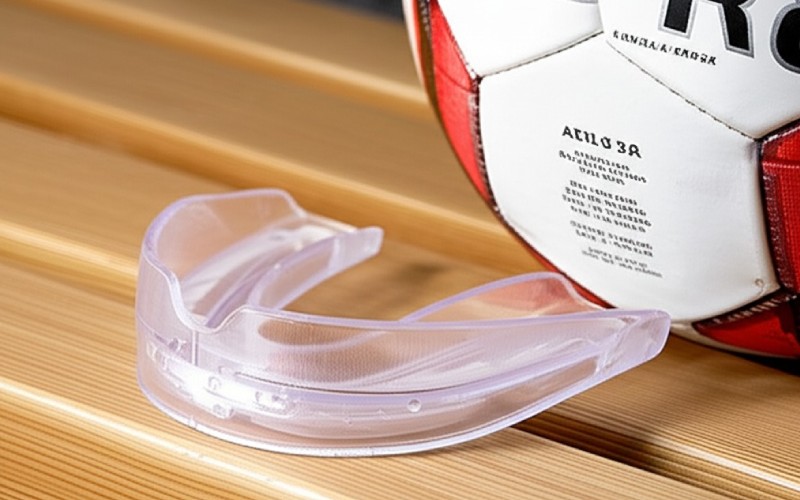
What’s the Difference Between a Regular and an Orthodontic Mouthguard?
Not all mouthguards are created equal. You might see cheap, regular mouthguards at the store, but they are not the best choice when you have a brace. Many of these are boil-and-bite mouthguards, which you soften in hot water and then bite into to shape them to your teeth. The problem is that they can get stuck in your brackets or not fit well over your brace. They might not offer sufficient protection.
An orthodontic mouthguard is different. These mouthguards are made specifically for people with braces. They are often made from a higher-grade silicone that is more flexible. This allows the mouthguard to fit over your orthodontic appliances without getting stuck. It also gives your teeth room to move as your orthodontic treatment progresses. An orthodontic mouthguard is the best way to protect your teeth and braces.
How Do You Choose the Right Mouthguard for Your Brace?
Choosing the right mouthguard is crucial. The best option is a custom-fit mouthguard from your dentist or orthodontist. They take a mold of your teeth, so the mouthguard fits perfectly. It will fit comfortably and offer the best protection. However, these can be expensive. A great alternative is a high-quality orthodontic mouthguard from a brand like Shock Doctor. You can find these at most sporting goods stores.
When you pick a mouthguard, make sure it feels good in your mouth. It should fit snugly but not be too tight. You should be able to breathe and talk easily with it in. Don’t settle for a poor fit just to save a few dollars. An ill-fitting mouthguard won’t protect you properly. A good mouthguard is a small investment in your oral health and dental health.
What Happens If You Get Hit in the Mouth While Wearing a Brace?
Let’s talk about the scary part: getting hit in the mouth. Even with a mouthguard, accidents can happen. If you take a direct hit, the first thing to do is check for damage. Are your lips or cheeks cut? Are any teeth loose? Do you see any broken wires or brackets on your brace? Mouth injuries can be serious.
If you don’t wear a mouthguard, the damage can be much worse. The impact can push your brace into your lips, causing deep cuts. You could suffer from fractured teeth or even knock a tooth out. A hard enough hit can also break brackets right off your teeth. This is why a mouthguard is so important. It helps minimize the risk of these painful and serious oral injuries. It’s the best way to protect your mouth.
Can You Play High-Contact Sports with Braces?
Yes, you can absolutely play contact sports. The key is that you must be extra careful. For high-contact sports like football, a top-quality orthodontic mouthguard is not optional. It is a requirement. The risk of impact and contact with other players is very high in these sports.
For non-contact sports, like swimming or track and field, the risk is lower. However, there is still a risk of falling or accidental contact. I recommend wearing a mouthguard even for a low-impact sport. It’s better to be safe than sorry. The goal is to finish your orthodontics journey with a beautiful, healthy smile, and a mouthguard helps you do that. You can play sports while wearing braces safely.
Are Aligners a Better Orthodontic Option for Athletes?
When you are looking at orthodontic options, you might hear about clear aligners, like Invisalign. These are a popular alternative to a traditional brace. For athletes, they have one big advantage: they are removable. You can take them out when you play your sport and wear a regular mouthguard. This removes the risk of injury from metal braces.
However, you must be disciplined enough to wear your aligners for 20-22 hours a day. If you are constantly taking them out for practices and games, your treatment may not be effective. Also, not everyone is a good candidate for aligners. Talk to your orthodontist about the best orthodontic option for your teeth and your lifestyle. They can help you decide between a brace and aligners.
What Are the Best Practices for Athletes with Braces On and Off the Field?
Being an athlete with a brace means you need to be responsible. First, always have your mouthguard with you. Keep it in its case in your sports bag. Second, communicate with your coach. Make sure they know you have a brace and understand the importance of you wearing your mouthguard. Good communication helps everyone stay safe.
After every game or practice, check your brace for any damage. Look for a loose or broken bracket or wire. If something feels sharp or is poking your cheek, use orthodontic wax until you can see your orthodontist. Taking these small steps will help you keep your braces in good shape and avoid problems. Taking care of your brace is just as important as your performance on the field.
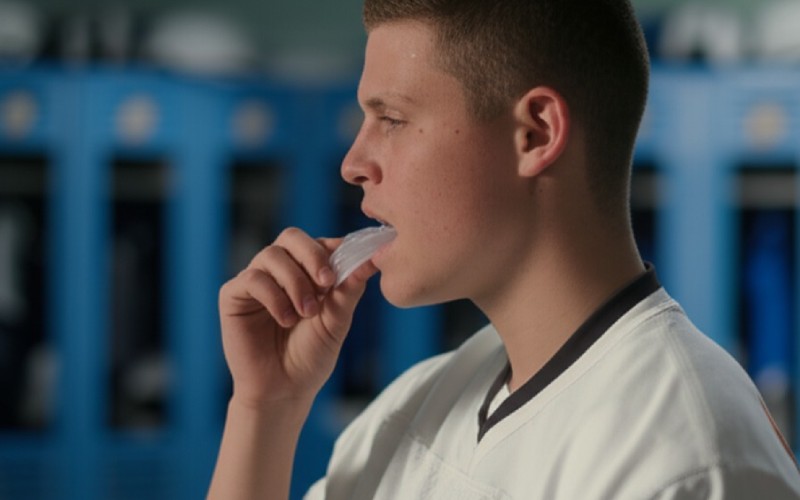
When Should You Call Your Orthodontist About a Sports Injury?
Knowing when to call for help is important. If you suffer a major injury to your mouth or face, you should seek medical help right away. For your brace, some issues are more urgent than others. A broken rubber band is not an emergency. However, if you have a broken wire poking you, a loose bracket, or if your brace is causing you a lot of pain after an injury, you should call your orthodontist.
Don’t try to fix a broken brace yourself. You could make it worse. Your orthodontist’s office can tell you if you need to come in for an emergency appointment or if it can wait. It is always better to call and ask. A quick call can prevent a small problem from becoming a big one and keep your orthodontic treatment on track. Managing the risk of damage is part of the process when it comes to braces while playing sports.
Vigtige pointer at huske
- You can play sports with braces! Don’t let your orthodontics keep you on the sidelines of your favorite activities.
- Always wear a mouthguard. This is the most important rule. It protects your teeth, lips, cheeks, and your brace.
- Choose an orthodontic mouthguard. These are specially designed to fit over your brace and provide the best protection.
- Check your braces after you play. Look for any damage, like a loose bracket or wire, and call your orthodontist if you find anything.
- Talk to your orthodontist and coach. They are your partners in making sure your experience with sports and braces is safe and successful. With the right care, you can keep your smile healthy and beautiful while you play sports.

